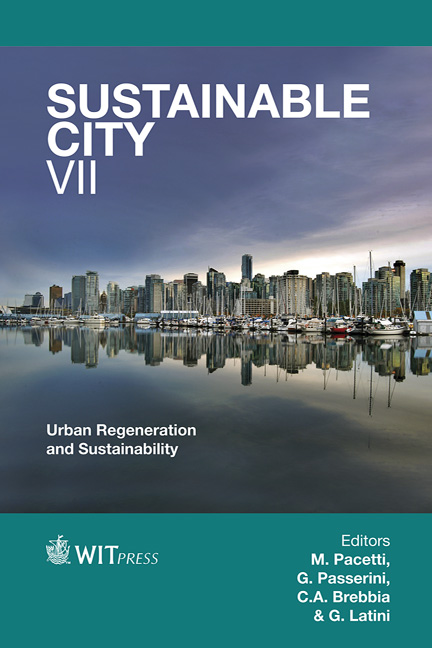Guidelines For Applying Budgeting As A Tool For Participatory Democracy In Egypt
Price
Free (open access)
Transaction
Volume
155
Pages
12
Page Range
255 - 266
Published
2012
Size
381 kb
Paper DOI
10.2495/SC120221
Copyright
WIT Press
Author(s)
A. A. A. M. Ibrahim
Abstract
In spite of the progress made in the institutional and democratic components of Egypt governance, the real extent of decentralization has been limited mainly by the transfer of financial resources needed to match the devolved responsibilities. Therefore, participatory budgeting as a direct-democracy approach has been recently introduced in the frame of Egypt decentralization and strategic planning. From this view, the paper aims at comparing between the most innovative successful experiences regarding this process that have been implemented worldwide with some of the most illustrative case studies upon which this approach has been tested in Egypt in its different governorates. This would help in clarifying all the deficiencies incorporated within the implementation of this process on the local level, and consequently draws ways to overcome them. The paper would thus end up with the deduction of guidelines that can help in delivering the main goals of the targeted fiscal decentralization regarding the different aspects of the participatory budgeting including the initiation and implementation stages, financial aspects, citizen and governmental participation, legal, and territorial dimensions. Keywords: participatory budgeting, participatory planning, strategic planning, fiscal decentralization. 1 Introduction Participatory Budgeting \“PB” requires environmental and design factors to facilitate citizen engagement in public affairs. Therefore, this paper aims at examining how far can participatory mechanisms; that have been recently implemented in Egypt, especially through international programs; catalyse or
Keywords
participatory budgeting, participatory planning, strategic planning, fiscal decentralization.





